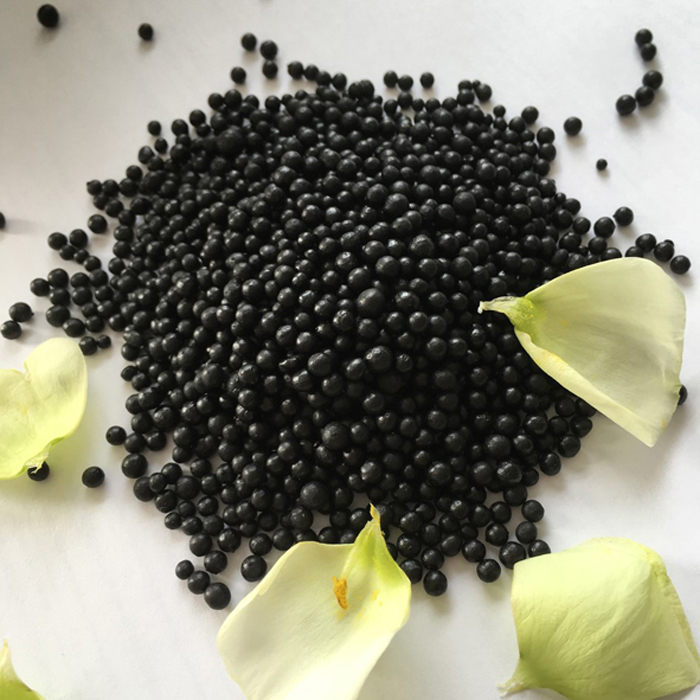
ธ.ค. . 15, 2024 12:21 Back to list
water soluble fertilizer with micronutrients
The Importance of Water-Soluble Fertilizers with Micronutrients
Water-soluble fertilizers have gained popularity in modern agriculture and gardening due to their efficiency in nutrient delivery. Among these, fertilizers enriched with micronutrients play a vital role in enhancing plant growth, increasing crop yields, and improving soil health. This article explores the significance, components, and application of water-soluble fertilizers with micronutrients.
Understanding Water-Soluble Fertilizers
Water-soluble fertilizers are nutrient formulations that dissolve easily in water, making them easily accessible to plants. This characteristic ensures that plants can absorb essential nutrients promptly, facilitating rapid growth and development. These fertilizers typically contain primary nutrients—nitrogen (N), phosphorus (P), and potassium (K)—as well as secondary nutrients like calcium, magnesium, and sulfur. However, the addition of micronutrients is what makes these formulations particularly beneficial.
The Role of Micronutrients
Micronutrients, though required in minute quantities, are crucial for various physiological processes in plants. Key micronutrients include iron (Fe), manganese (Mn), zinc (Zn), copper (Cu), boron (B), molybdenum (Mo), and chlorine (Cl). Each of these elements plays specific roles in plant metabolism
1. Iron (Fe) Vital for chlorophyll synthesis, iron deficiency can lead to chlorosis, characterized by yellowing of leaves. 2. Zinc (Zn) Important for enzyme function and growth regulation, zinc deficiency can result in stunted growth and reduced seed production.
3. Copper (Cu) Plays a critical role in photosynthesis and plant respiration, with deficiencies leading to poor plant health and development.
4. Boron (B) Essential for cell wall formation and reproductive growth, sufficient boron is necessary for flowering and fruit set.
5. Manganese (Mn) Aids in the photosynthetic process and nitrogen metabolism, manganese deficiency often manifests as interveinal chlorosis.
6. Molybdenum (Mo) Crucial for nitrogen fixation in legumes and improving nitrate reduction, its deficiency can severely impact plant health.
Benefits of Using Water-Soluble Fertilizers with Micronutrients
water soluble fertilizer with micronutrients

The integration of micronutrients into water-soluble fertilizers offers several advantages
2. Balanced Nutrition With the right mix of macro and micronutrients, plants receive balanced nutrition, which is essential for optimal growth and development.
3. Improved Crop Quality Plants nourished with appropriate micronutrients tend to produce higher quality fruits and vegetables with better flavor, color, and shelf-life.
4. Increased Resistance to Diseases Adequate micronutrient levels bolster plants' natural defense mechanisms against diseases and stressors such as drought and extreme temperatures.
5. Sustainable Practices Efficient nutrient delivery systems reduce the risk of nutrient runoff into waterways, promoting sustainable agricultural practices.
Application Methods
Water-soluble fertilizers with micronutrients can be applied through various methods
- Fertigation This technique involves mixing fertilizers with irrigation water, ensuring uniform distribution and easy absorption. - Foliar Feeding Spraying nutrient solutions directly on leaves can provide a rapid supply of key micronutrients, especially during critical growth phases.
- Soil Drench Applying diluted solutions directly to the soil allows the nutrients to penetrate and be readily available to plant roots.
Conclusion
Water-soluble fertilizers containing micronutrients are integral to modern agricultural practices. By ensuring that plants receive balanced and adequate nutrition, these fertilizers help optimize growth, enhance yield, and promote robust plant health. As the demand for sustainable and efficient farming techniques continues to rise, the role of these specialized fertilizers will only become more significant, paving the way for healthier crops and a more sustainable agricultural future.
-
10-10-10 Organic Fertilizer - Balanced NPK Formula
NewsAug.02,2025
-
Premium Organic Manure Compost for Eco Gardens
NewsAug.01,2025
-
Organic 10-10-10 Fertilizer | Balanced Plant Nutrients
NewsJul.31,2025
-
Premium Amino Acid Fertilizer | Rapid Plant Growth Booster
NewsJul.31,2025
-
10 10 10 Fertilizer Organic—Balanced NPK for All Plants
NewsJul.30,2025
-
Premium 10 10 10 Fertilizer Organic for Balanced Plant Growth
NewsJul.29,2025
